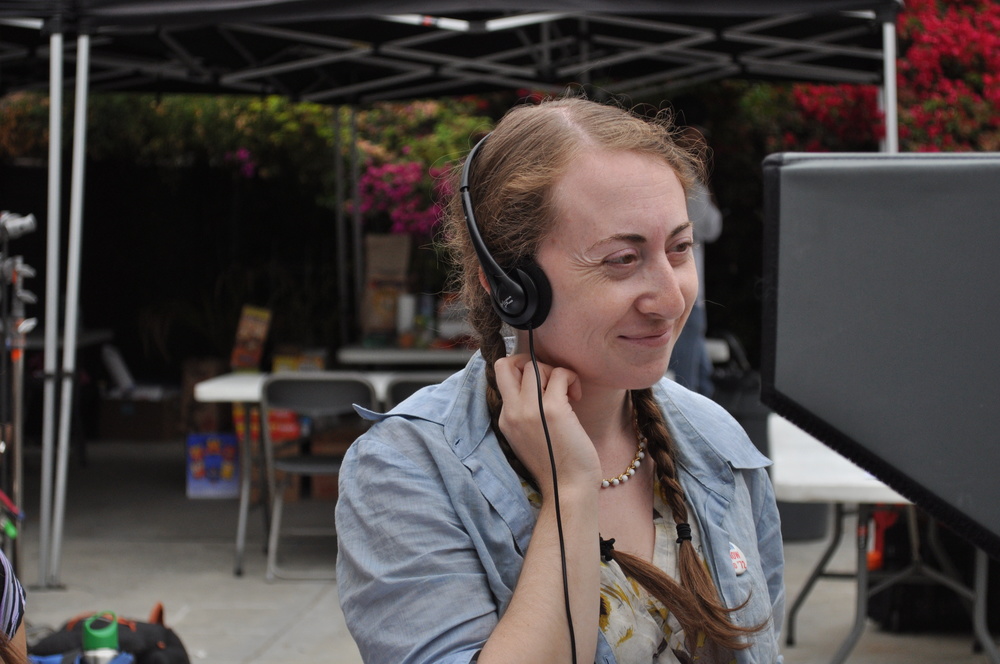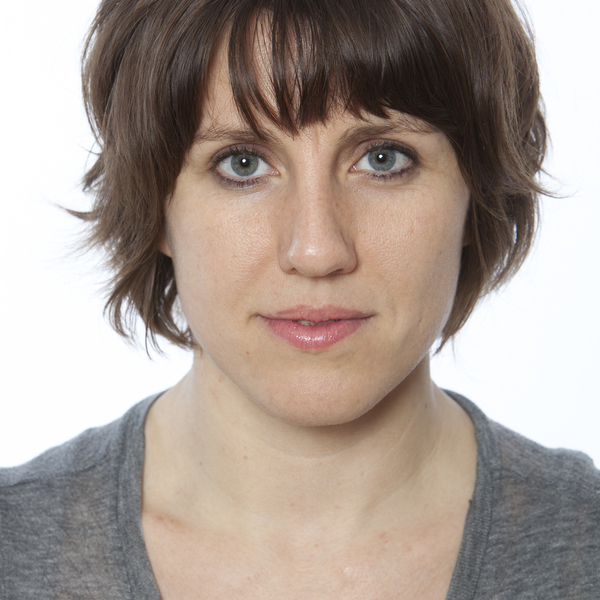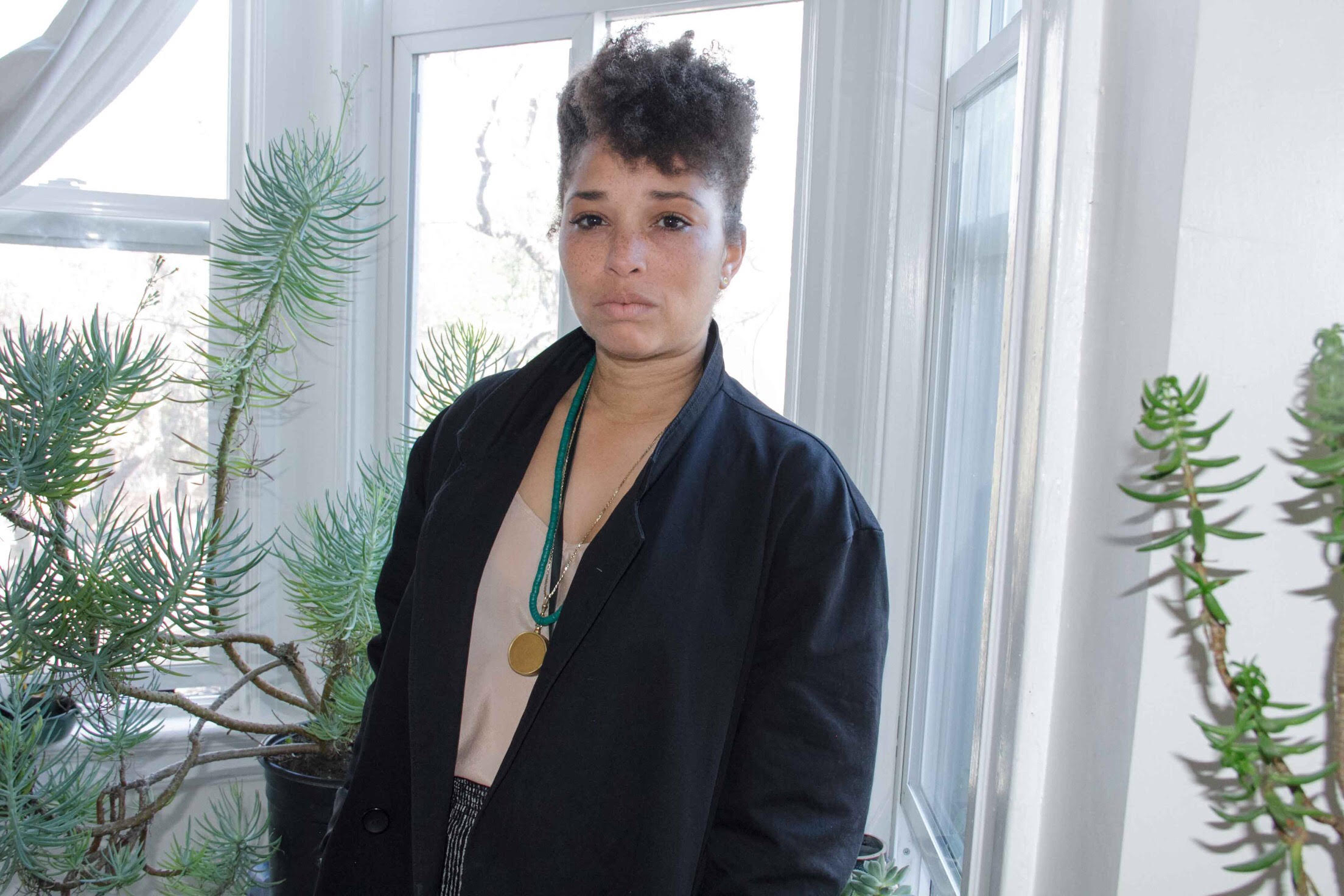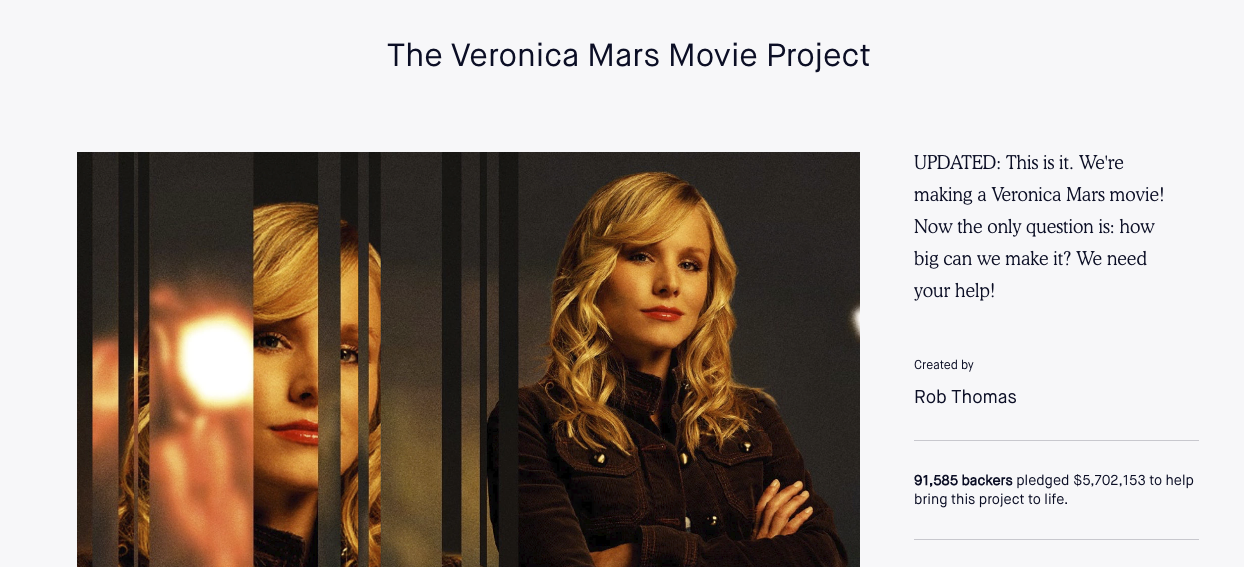I am really excited to drop the first episode of a passion project of mine, the “Creative Distribution 101” podcast featuring interviews with experts and filmmakers who have used creative, alternative and non traditional ways to get their film out there. Whether you’re interested in the future of filmmaking, or just want to learn some distribution tips, this is for you ! I have worked really hard on launching this because I wish there had been such a podcast when I started distributing my film and I truly believe in filmmakers sharing information and banding together to survive and thrive in this complicated economy.
In this first episode I interview Liz Manashil (@LizManashil) who manages the Creative Distribution Initiative at the Sundance Institute. Before that, Liz spent several years as a film critic for the PBS/Hulu series JUST SEEN IT (which she also helped produce and direct). Overlapping this, Liz worked with distribution guru Peter Broderick. ( I have personnally worked with them on “She Started It”). Her debut feature, BREAD AND BUTTER, was called “an absolute must-watch for women everywhere” by HelloGiggles. It was released by The Orchard and can be seen on VOD nearly everywhere. Liz is currently in post-production on her 2nd feature film, SPEED OF LIFE. Liz is the queen of creative distribution, so check out the episode below and let me know your thoughts in the comments or on Twitter (@norapoggi) !
Listen to the episode on Apple Podcasts here!
Important links mentioned in the episode:
The Creative Distribution Initiative
The Sundance Institute
Unrest
Unrest Case Study
Show notes:
- The basics of distribution: in the old model, for a traditional deal a distributor might take all rights in all territories, you would get an advance and very little control on the life of your film. Creative Distribution is about splitting up rights (theatrical, semi-theatrical and community screenings, educational, broadcast, digital rights, etc.) and not give all of them to one or a couple of parties, but rather exploit them in various ways with various partners.
- Educational can be quite lucrative for documentary makers, be careful not to give away to a distributor a big slice of the pie.
- We publish data from the case studies of the films we take on and give more intimate support to filmmakers.
- Be careful when signing contracts: look at the term length, and what this distributor knows how to do.
- Shame keeps filmmakers from sharing information, because we think we are the only ones not leading sustainable lives.
- Start small: email addresses are incredibly valuable, start with a newsletter, pull back the curtain on your process. Don’t turn into a marketer, be authentic to connect with audiences who care about your topic.
- There’s never nothing happening even in between projects: share your process, be transparent and share your story in your newsletter and on social media with your fans.
- Don’t forget the value you bring as a filmmaker, we tend to underestimate our value.
- The Creative Distribution Initiative application process is very detailed and takes several months.
- The three big goals: Impact, Eyeballs, Revenue, the filmmaker has to figure out what to prioritize. For the films we take on we look at the platforms you want to use, the funds you have access to, what team mates we can connect you to, what resources we have that could be helpful.
- You have to start by building a team and figuring out what your windows are. (*specific windows for the various distribution rights listed above).
- Look at the materials you have and calendar out moments in your campaign to use each asset and announce things (trailer, casting, premiere, etc.)
- Always be humble and grateful in your communication with your audience. Unrest was very successful partly because of the director’s incredible relationship with her audience, from her crowdfunding campaign up until now. It’s also very powerful to come from a personal place.
- Don’t do a deal with someone or a distributor who cannot add value to what you are doing.
- The bottom line, is we look for filmmakers who are ready to roll up their sleeves.



